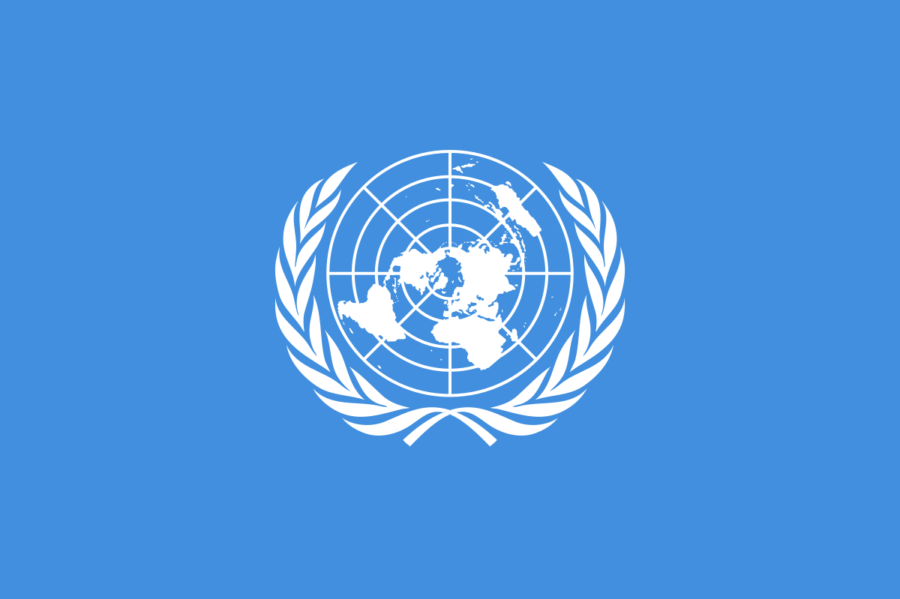America Today or America Tomorrow?
Today In History: December 22
December 23, 2017
Congress appoints the commander of the navy
On December 22, 1775, the Continental Congress, the self-declared assembly of the 13 still “loyal” colonies, appointed Esek Hopkins as the commander-in-chief of the fleet of the brand new Continental Navy. Back in October, they had created the navy with a grand total of two ships and 160 men. The navy did expand throughout the year, though, and by the beginning 1776, the official navy of the 13 Colonies had 21 ships and about 1,700 men. It was a good job for a government that was though still technically illegal.
Unfortunately for the upstart colonists, their enemy, Great Britain, had 199 ships and 16,000 men. Also, let’s just say that colonists weren’t eager to join a navy where pay was low and the possibility of getting blown to pieces was high. But the Continental Navy did win a few engagements here and there, most famously the capture of the Serapis by John Paul Jones and his Bonhomme Richard. It would be the institution that eventually became the most powerful navy in the world.
Sherman gives Lincoln a special Christmas Gift
On the same day in 1864, Major General William T. Sherman presented President Abraham Lincoln with a charming little Christmas gift: the city of Savannah, Georgia. This was just three months after the critical capture of Atlanta, Georgia by the same general. The capture of Atlanta single-handedly gave Lincoln the reelection he had been desiring. Public opinion about the war had been ebbing for quite some time, but when Atlanta was presented to Lincoln, popular opinion suddenly swung back towards winning the war. Sherman continued his march across Georgia, his now infamous “March to the Sea,” all the way to Savannah, annihilating anything and everything along the way.
When Savannah was captured, along with 150 heavy guns and a lot of ammunition as well as 25,000 bales of cotton, the Confederacy was effectively split in half. Cut off from the men and resources of the rest of the Confederacy, Virginia, the political and moral center of the rebellion, was just a sitting duck, and the Union shot the proverbial duck right in the chest. Less than four months later, undoubtedly one of the best Christmas gifts ever bore fruit as the peace treaty that ended the long and bloody war was signed on April 9, 1865. So Lincoln, instead of thanking Santa Claus for his present, got to thank Sherman instead, although Sherman didn’t receive any milk or cookies for his hard work.
Churchill and Roosevelt Discuss War and Peace
The year is 1941. The United States was directly engrossed in open combat against both Germany and Japan. It was imperative that both Great Britain and America create and project a unified front. Toward that end, Churchill and Roosevelt created a combined general staff to coordinate excellent military strategy, on this day 76 years ago, against both Germany and Japan and to draft a future joint invasion of the continent. Roosevelt also agreed to a unheard of increase in the U.S. arms production program: the 12,750 operational aircraft planned to be built by 1944 became 45,000, the proposed 15,450 tanks became 45,000, and the number of machine guns to be manufactured almost doubled to 500,000.
Among the momentous results of these Anglo-American meetings was a declaration issued by Churchill and Roosevelt that enjoined 26 signatory nations to use all resources at their disposal to defeat the Axis powers and not sue for a separate peace. This confederation called itself the United Nations. Led by the United States, Great Britain, and the Soviet Union, all 26 nations declared a unified goal to “ensure life, liberty, independence and religious freedom, and to preserve the rights of man and justice.” The blueprint for the destruction of fascism and a future international peacekeeping organization was born.
Modern Analysis
On July 4, 1776, the Second Continental Congress meeting in Philadelphia, declared the independence of the United States of America in the Declaration of Independence. This momentous event became a pivotal moment the history of democracies, leading to the great age of revolutions. Without that new age, democracy as we know it today might not have been established and the age of monarchies might not have begun to deteriorate in the new era of the people. Despite this, the age of monarchs persisted until the end of the First World War, which was also the war that led to the United States rise to the world stage in economic and political power. But the road to democracy was not one without bumps.
On April 12, 1861, the Confederate States of America (CSA) opened fire upon Fort Sumter, SC, kicking off the bloodiest war in American history. This war led to the deaths of over 620,000 soldiers — the largest number of US soldiers killed in a single war. On April 9, 1865, this terrible war ended with the surrender of General Lee at Appomattox Court House. Because of this civil war, it was proven that no state or group of states could leave the United States without a fight, proving that no matter how hard it got, all of the states would have to suffer through the same fate of all of the others.
Thus, during these ever changing times, with net neutrality not being as certain as it may have been just yesterday, we Americans must remember that we are all Americans. We aren’t Texans or New Yorkers or Californians; we are Americans. So it might be better to put away our differences and look at it this way. It doesn’t matter if you’re Caucasian, Asian, African, or Native American. We are all Americans and the sooner we accept that, the sooner we can move forward as a nation.


